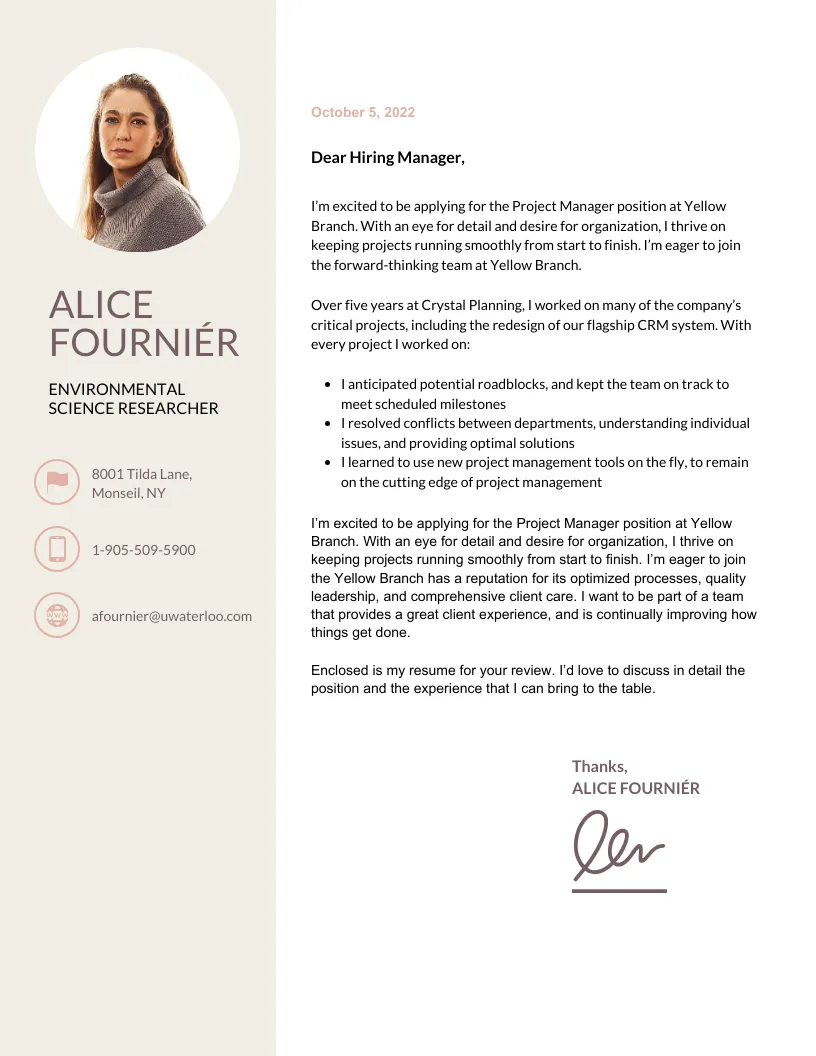Landing a student job is an important step towards building your career. But the competition is often fierce. That is where a well-crafted cover letter comes in. It’s your first chance to make a strong impression on potential employers, and it can significantly increase your chances of getting an interview. A cover letter serves as your personal introduction, expanding on your resume and highlighting your skills, experiences, and enthusiasm for the position. It offers a way to tell your story, explain why you are the perfect fit for the role, and stand out from other applicants. This guide will show you how to write an effective cover letter that will help you secure the student job you desire.
Why Cover Letters Are Essential for Student Jobs
Cover letters are more than just a formality; they are your opportunity to personalize your application and demonstrate your genuine interest in a specific job. While your resume provides a snapshot of your qualifications, a cover letter allows you to explain how your skills and experiences align with the job’s requirements. It lets you express your personality, enthusiasm, and unique value proposition, making you more memorable than a generic resume. In the competitive world of student jobs, a well-written cover letter can set you apart from the competition, showing employers that you’ve taken the time to understand their needs and tailor your application accordingly.
Highlighting Your Skills
Your cover letter is the perfect place to showcase the skills that make you a strong candidate. Employers are looking for a combination of hard skills (technical abilities) and soft skills (interpersonal and personal attributes). Think about the skills that are most relevant to the job and the ways you have demonstrated them. When listing your skills, provide specific examples that back up your claims. Instead of just saying you have “good communication skills,” describe a situation where you successfully communicated with a team, resolved a conflict, or presented information to a group. This adds credibility and makes your skills more convincing.
Transferable Skills and How to Identify Them
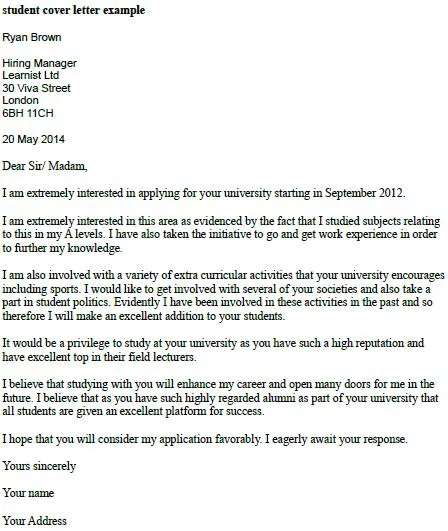
As a student, you may not have extensive work experience, but you do have transferable skills. These are the skills you have developed in various settings, such as academics, extracurricular activities, volunteer work, and part-time jobs, that can be applied to a new role. Examples include communication, teamwork, time management, problem-solving, leadership, and adaptability. To identify your transferable skills, reflect on your past experiences and consider what you have learned and how you can apply these skills to the job you are applying for. Highlighting your transferable skills can make you a more attractive candidate, especially if you are transitioning from a different area of study or job role.
Tailoring Your Cover Letter
A generic cover letter will likely end up in the rejection pile. To make your application stand out, you must tailor your cover letter to each specific job. This means carefully reviewing the job description and aligning your skills and experiences with the employer’s needs. Demonstrating your understanding of the company and the role significantly increases your chances of being selected for an interview. By tailoring your cover letter, you show the hiring manager that you have taken the time to understand the role and are genuinely interested in the opportunity. Remember, personalization shows employers that you are serious about the job and have what it takes to do it well.
Understanding the Job Description
Carefully read the job description to identify the key skills, qualifications, and responsibilities the employer is looking for. Pay attention to the language used and the specific keywords and phrases mentioned. This will help you understand what the employer values and what they are looking for in an ideal candidate. It will also help you determine which of your skills and experiences are most relevant to the job and how you can best present them in your cover letter. Make a list of the most important requirements and use them as a guide when writing your letter.
Matching Skills to Requirements
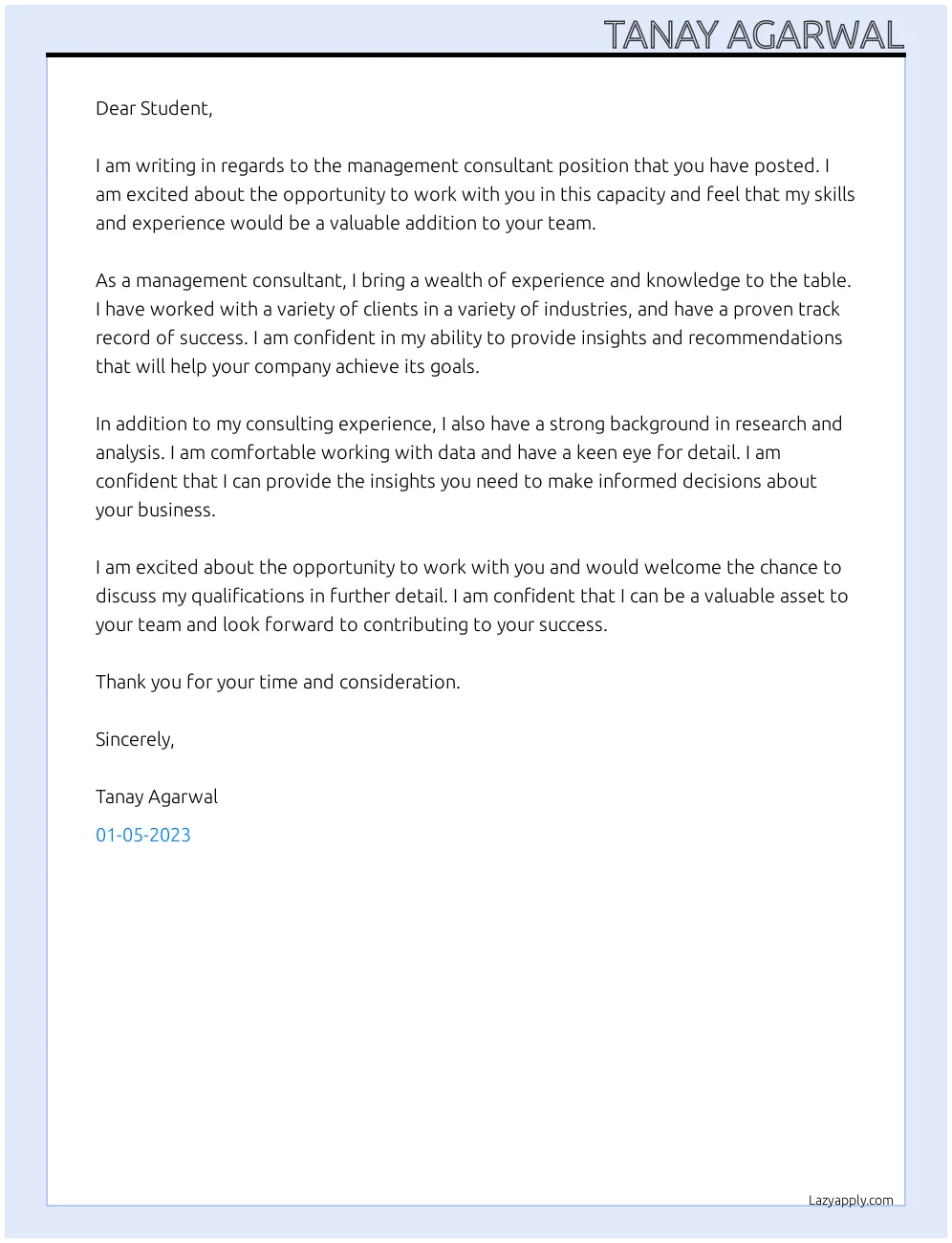
Once you understand the job requirements, match your skills and experiences to those requirements. Highlight the skills and experiences that are most relevant to the job, providing specific examples to demonstrate your abilities. Use the same keywords and phrases that are used in the job description to show that you understand the role and are a good fit. If the job description emphasizes teamwork, provide examples of when you worked effectively in a team. If it requires strong communication skills, describe a time you successfully communicated with a group. By making these connections, you can increase the likelihood of getting an interview.
Crafting a Compelling Opening
The opening paragraph of your cover letter is critical because it sets the tone for the rest of your letter and grabs the hiring manager’s attention. It’s your first opportunity to make a positive impression, so make it count. Avoid generic greetings and instead, try to personalize your opening to show your interest in the specific role or company. You can mention where you saw the job posting or a specific aspect of the company that interests you. Make your opening clear, concise, and engaging. The goal is to capture the reader’s attention immediately and make them want to read the rest of your letter.
Grabbing Attention from the Start
To grab the hiring manager’s attention, consider starting your cover letter with a compelling hook. This could be a brief story, a relevant achievement, or a statement about why you are excited about the opportunity. You can also mention something specific about the company that caught your attention, such as their mission, values, or a recent project. Avoid clichés and instead focus on making your opening unique and memorable. The more unique your opening, the more likely the reader will be interested in what you have to say.
Expressing Enthusiasm
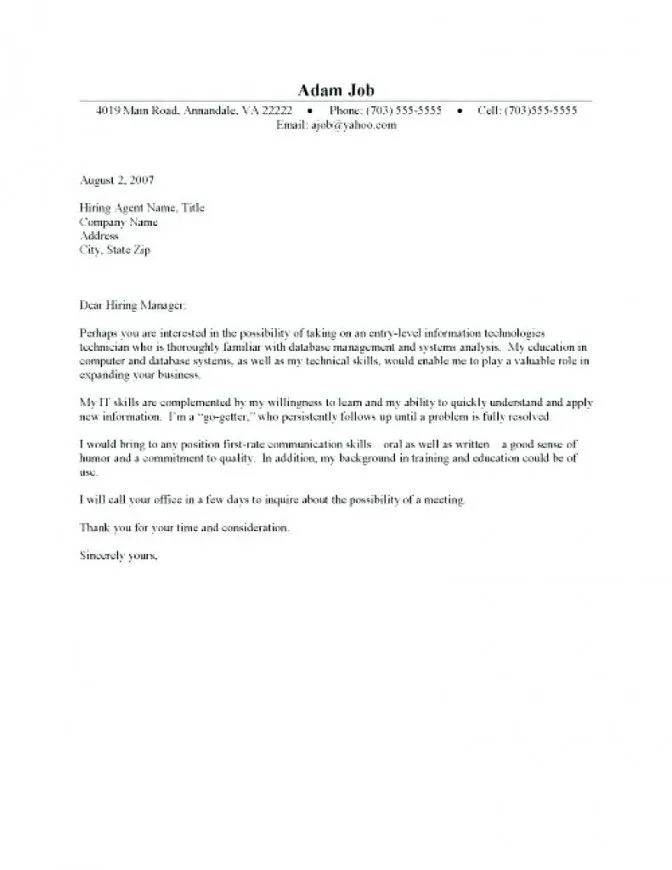
In addition to grabbing attention, your opening paragraph should convey your enthusiasm for the job and the company. Clearly state why you are interested in the role and what excites you about the opportunity. Show that you have done your research on the company and understand their mission and values. You can also mention your career goals and how this job aligns with your long-term aspirations. Being passionate about the job can help show the hiring manager that you are genuinely interested in the role.
Showcasing Your Relevant Experience
The body of your cover letter is where you showcase your skills and experiences, providing specific examples of how you have used these skills in the past. If you have prior work experience, highlight your accomplishments and quantify your achievements whenever possible. Even if you do not have direct experience in the field, you can still highlight transferable skills from other areas, such as part-time jobs, volunteer work, or extracurricular activities. Tailor the examples to match the job requirements, showing the hiring manager how you meet their needs.
Part-time Jobs and Internships
If you have held part-time jobs or internships, describe your responsibilities and accomplishments in detail. Provide specific examples of how you have contributed to the success of your previous employers. Highlight any projects you worked on, tasks you completed, or skills you developed during your experience. Use action verbs to describe your accomplishments and quantify your results whenever possible. For example, instead of saying “I managed social media accounts,” you might say “Managed social media accounts, increasing followers by 20% in six months.” Use these experiences to illustrate your abilities.
Volunteer Work and Extracurricular Activities
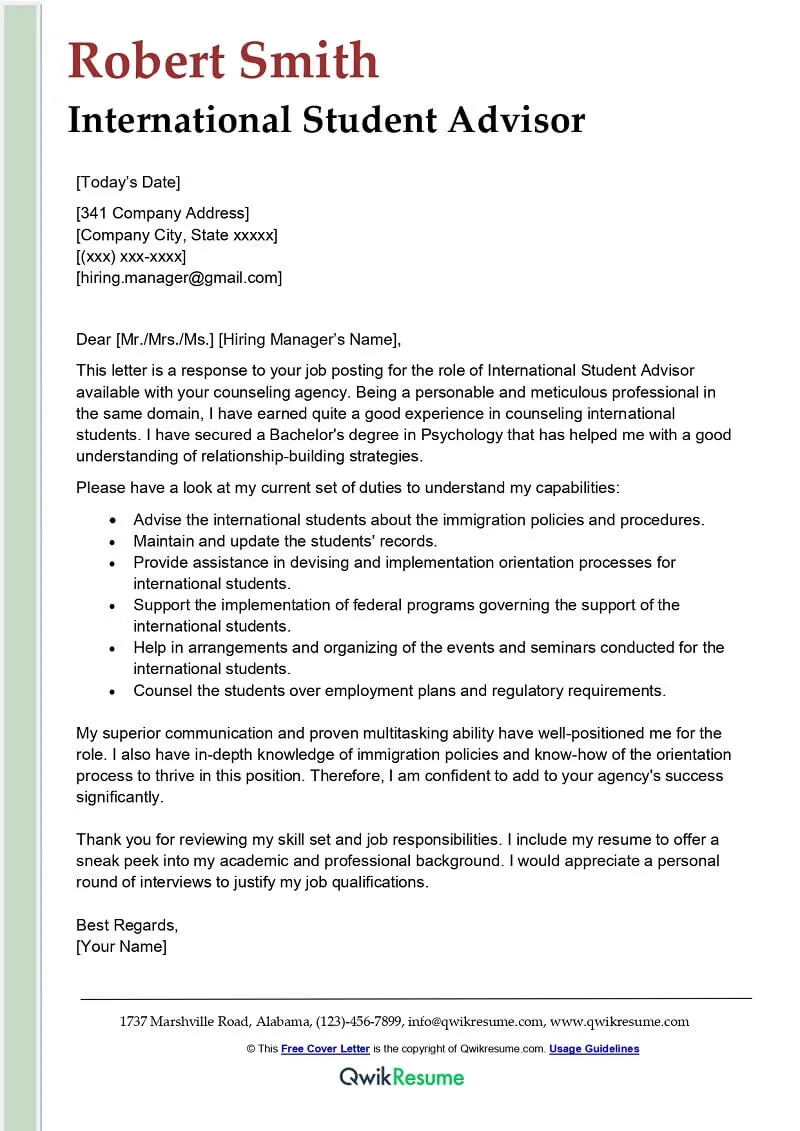
Volunteer work and extracurricular activities demonstrate initiative, teamwork, and other important skills. Highlight the skills you gained while volunteering or participating in these activities and describe how you used those skills. For example, if you volunteered for a fundraising event, you can highlight your communication, organizational, and teamwork skills. If you were a member of a club or organization, describe your role and contributions, emphasizing any leadership or project management experience. These experiences can be valuable, especially if you have limited work experience. Emphasizing these activities can make you stand out, even with no prior work experience.
Quantifying Your Achievements
Whenever possible, quantify your achievements to make a stronger impression. Numbers and statistics provide concrete evidence of your accomplishments. Instead of saying “Improved customer service,” you might say “Improved customer satisfaction scores by 15%.” Instead of saying “Managed social media,” you could say “Managed social media accounts, reaching over 10,000 followers.” Quantifying your achievements helps the hiring manager understand your impact. It also gives the impression that you’re a results-driven individual. Use numbers and data to back up your claims and demonstrate the value you can bring to the company.
Writing a Strong Closing
Your closing paragraph is your last opportunity to make a positive impression. It is important to end your cover letter with a strong closing that reiterates your interest, summarizes your key skills, and includes a call to action. This ensures the hiring manager remembers you and knows how to proceed to the next step. A well-written closing will leave the hiring manager with a positive impression of you and increase your chances of getting an interview.
Reiterating Your Interest
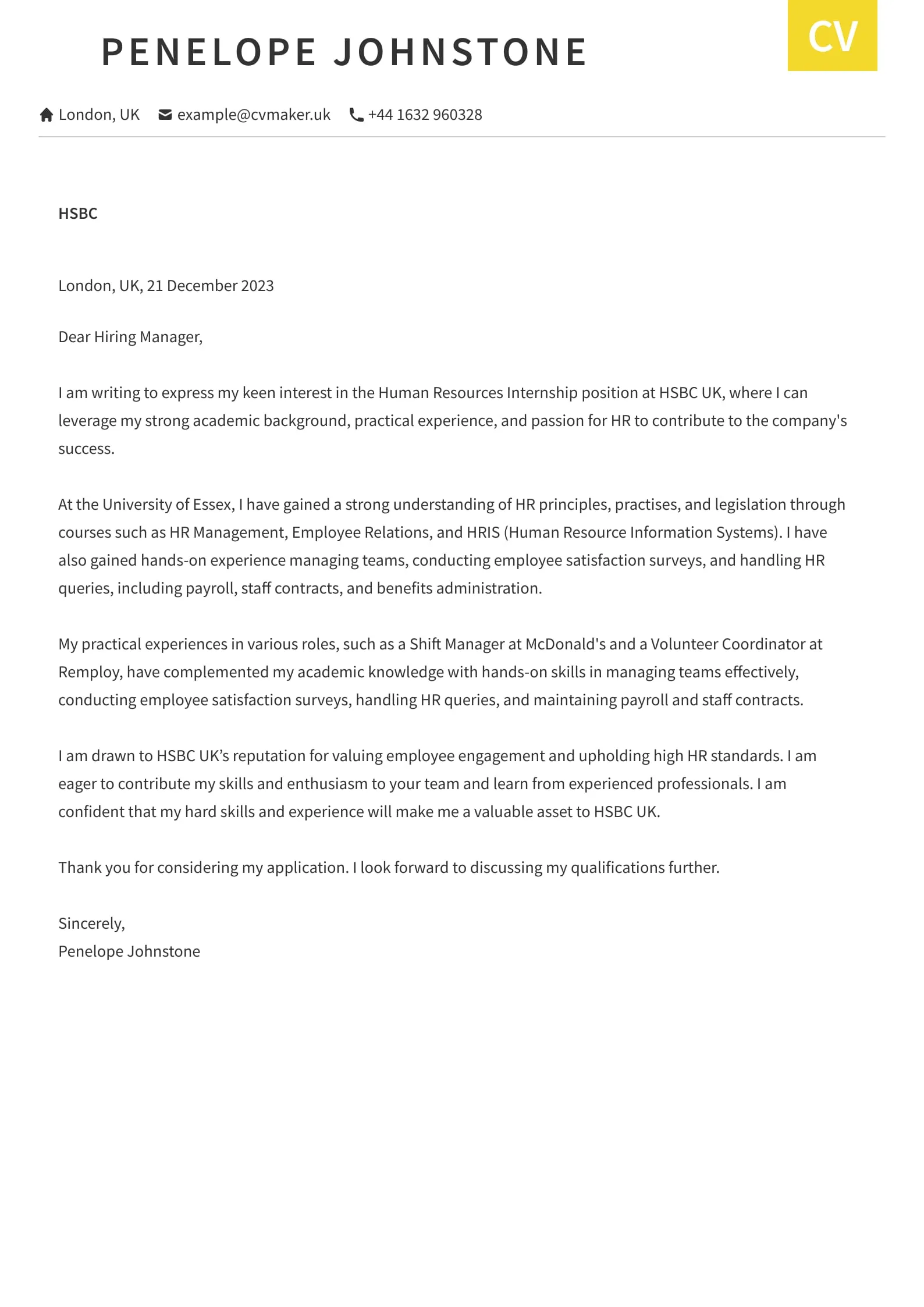
In your closing, restate your enthusiasm for the job and the company. Briefly summarize why you are a good fit for the role and what you can bring to the company. Reiterate your interest in the opportunity, making sure to leave a lasting impression. Show the hiring manager that you are genuinely excited about the possibility of joining their team and that you have the qualifications to make a valuable contribution. This shows your enthusiasm and shows you really want the job.
Call to Action
End your cover letter with a clear call to action. Invite the hiring manager to contact you for an interview. Provide your contact information, including your phone number and email address, and express your willingness to discuss your qualifications further. Make it easy for the hiring manager to take the next step. A call to action gives a clear indication that you’re eager to move forward in the hiring process. Ending with a clear call to action makes it easy to contact you, showing how interested you are and increases the chances of getting hired.
Formatting and Proofreading
Formatting and proofreading are essential steps that can determine whether your cover letter makes it to the interview stage. A well-formatted and error-free cover letter demonstrates professionalism and attention to detail. It shows the hiring manager that you care about presenting yourself in the best possible light. Pay attention to the layout, font, and style of your cover letter and ensure that there are no spelling or grammatical errors. This can ensure your cover letter is polished and makes a great impression.
Font and Layout Guidelines
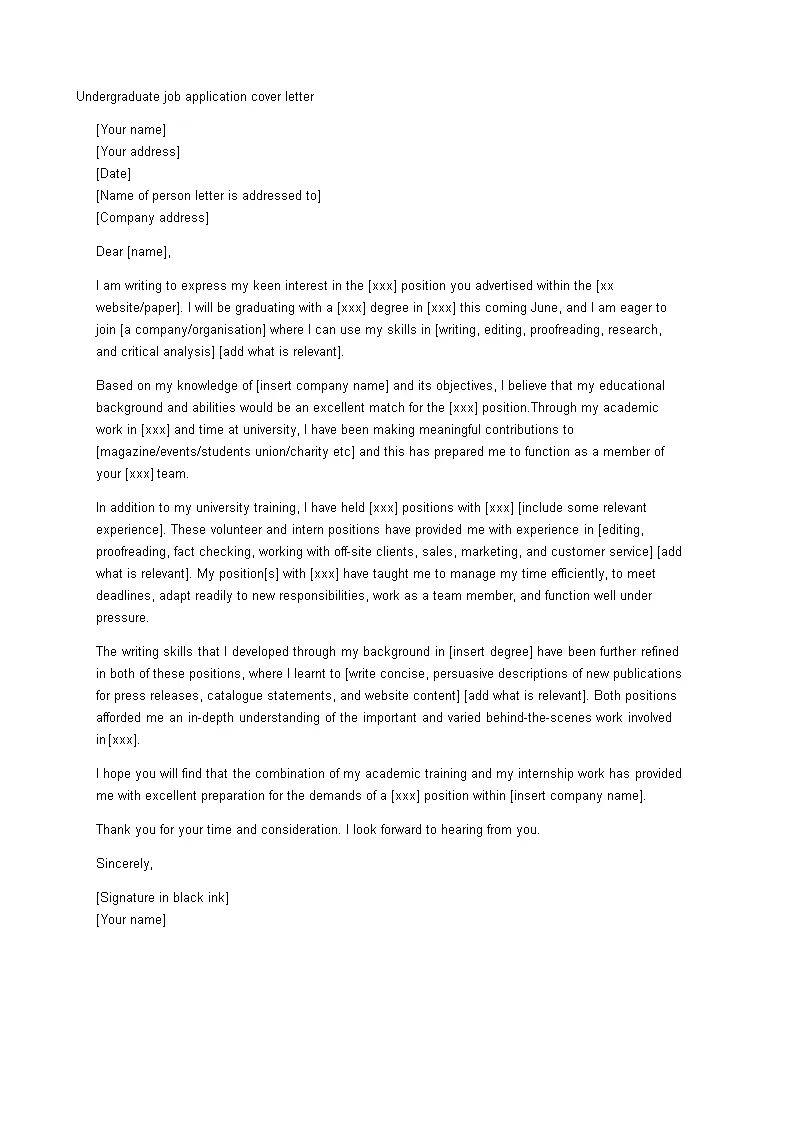
Choose a professional and easy-to-read font, such as Times New Roman, Arial, or Calibri, with a font size between 10 and 12 points. Use a clear layout with adequate margins and line spacing. Ensure your letter is well-organized, with clear paragraphs and headings to make it easy to read. Keep the letter concise, typically one page in length, and use bullet points to highlight key points or accomplishments. Use these simple formatting guidelines, and you will be on your way to making a good impression with your cover letter.
Proofreading and Editing
Before submitting your cover letter, carefully proofread it for any spelling, grammatical, or punctuation errors. Mistakes can undermine your credibility and give the impression that you are not detail-oriented. It’s also a good idea to have a friend, family member, or career counselor review your cover letter. They can catch errors that you might have missed. After you have edited and proofread your cover letter, you’re ready to send it off. Proofreading is an important step that ensures your cover letter is polished and professional, increasing your chances of getting an interview.
Common Mistakes to Avoid
Be aware of common mistakes that can hinder your chances of securing a student job. Avoid generic cover letters by tailoring each letter to the specific job and company. Do not use the same letter for every job. Make sure your tone is professional, enthusiastic, and avoid using slang or overly casual language. Always proofread your cover letter to ensure that it is free of any spelling or grammatical errors. These mistakes can damage your credibility. By taking steps to avoid these errors, you’ll show you’re serious about your job search, which will help you stand out among other applicants.
Writing an effective cover letter for student jobs is essential. By following the guidelines, tailoring your letter, highlighting your skills, and avoiding common mistakes, you can increase your chances of getting an interview and landing the job of your dreams. Remember to be enthusiastic, professional, and showcase what makes you unique. Good luck with your job search!
